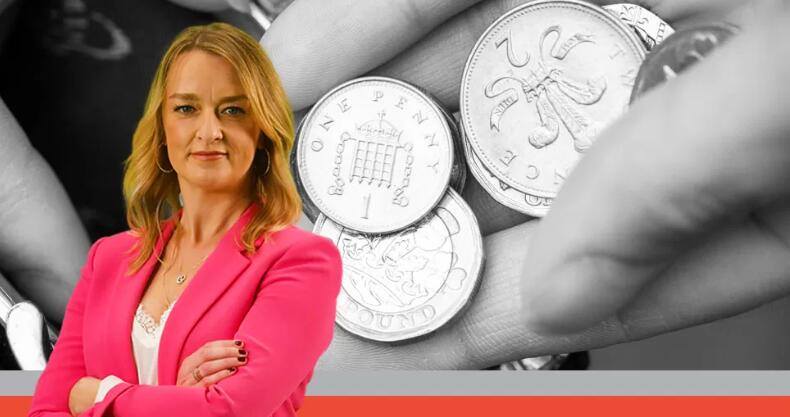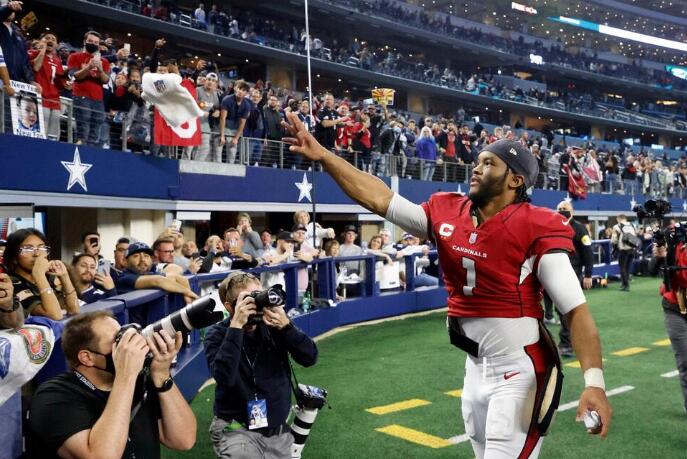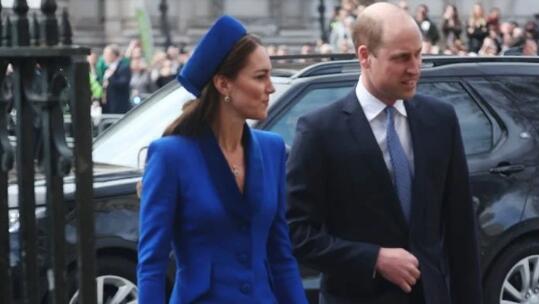When are you going to feel better off?
How politicians answer that big question sets the terms for the next election. The response is certainly not this week.
Prime Minister Rishi Sunak might have told MPs “we are halving inflation” but repeating that political slogan in the Commons doesn’t make it true. In fact he was wrong – just as economic sages were mistaken.
Prices went up faster in February than in January – which came as a surprise to the experts. Interest rates edged up too and will make rent, mortgages and credit more expensive.
The message to workers, firms and families this week is bleak – your costs are going up but don’t ask for a pay rise and don’t put your prices up if you’re a business.
- How much are prices rising for you? Try our calculator
- Faisal Islam: Is this the last interest rate rise for now?
There is no shortage of evidence of how hard it is for millions of families to pay the bills. By the Treasury’s admission inflation “strangles growth and erodes family budgets”.
And its effects can be long-lasting. As one German economist said: “Inflation is like toothpaste. Once it’s out, you can hardly get it back in again.”
As an aside, even that essential item has gone up significantly, with one famous brand hiking prices of a tube from £3 to £4.
What the government hopes is that next month, and the month after that, and the month after that, the number crunchers are correct and inflation will drop pretty sharply by the end of the year and the toothpaste does, after all, go back in the tube.
But inflation slowing down doesn’t mean prices will drop. What politicians and the public have to confront is that there could be many years where voters feel hard up.
For this week’s show we asked Richard Hughes – the country’s number cruncher in chief who runs the independent Office for Budget Responsibility – how he would answer that big question. If you’re squeamish about your finances you might want to look away now.
He told me we’re in the middle of “the biggest squeeze on living standards we’ve faced in this country on record” – but also it might be five or even six years before people start feeling more prosperous again.
As he put it: “People’s real spending power doesn’t get back to the level it was before the pandemic even after five years, even by the time we get to the late 2020s.” Gulp.
There is also a separate and tricky conversation to be had about the influence of his organisation, the OBR.
Their work, famously ignored by Liz Truss and Kwasi Kwarteng when they were in charge, tells governments how much they can spend and borrow if they want to stick to their own rules about when they will balance the country’s books.
The idea is that with an independent body publicly checking ministers’ arithmetic the public can have confidence in what’s being done.
But their forecasts, as Mr Hughes happily admits, often turn out to be wrong, and change every six months. Yet they can have enormous influence over what politicians decide.
For example, several sources told me the government only decided to expand childcare in the recent Budget because the OBR told them more than half of the cost would be covered by the benefit of getting some parents back to work.
You can, as many politicians do, believe in the merits of having an independent expert cast their eye over the figures, but also have quiet concerns about how the OBR can draw the limits of political conversations when its forecasts – through no fault of its own – change dramatically.
Whether you are asking an economist, a politician, or just looking at your own bank balance, the broad assessment is not likely to shift – times are tough for the foreseeable future.
Inflation – the politicians’ nightmare – is likely to drop by the end of the year, but Rishi Sunak and Keir Starmer are going to have to tempt you to the ballot box in 2024 when the country still feels hard up.
We can already see the outlines of the Conservatives’ script. With inflation (they fervently hope) down and the economy (fingers crossed) avoiding recession there will, ministers believe, be signs the country’s fortunes have turned and they can persuade hard-up voters to stick with them.
As one minister says: “The argument we want to make is ‘I’m just starting to feel better off, don’t risk it’.
Watch: So we just have to accept life will be even harder, chancellor?
We’ve lived through unprecedented hard times, they’ll argue, and things are getting better so don’t take a chance on something new.
The aspiration is also that ministers will be able to start cutting taxes again – perhaps in the autumn of this year or more likely next spring.
One former cabinet minister says voters will start to feel better off once a Conservative government is re-elected because they hope they’ll be able to say during the campaign that “inflation is lower, wages outstripping inflation” and they have a “clear plan for the economy”.
Even if Rishi Sunak becomes an expert in political gymnastics it’s unlikely the Conservatives will avoid taking any flak for the hammering incomes have taken while they’ve been in charge.
But you can expect in the next few months for ministers to emphasise more regularly the help that’s already on offer – whether that’s cheaper bus fares or the hugely expensive energy price guarantee.
If you ask Labour politicians when the country will feel better off the answer is also far in the future.
One shadow minister says the decline in living standards has been “brutal” while another says “people are not going to feel better off for a very long time”.
Even if inflation does start to slow, if you believe the polls that show Labour way ahead the tough economic reality for many families gives them a political advantage.
However strongly the Conservatives argue they’ve had to deal with unprecedented pressures, hard-up voters do not tend to reward those in charge. But wise Labour heads are all too aware that successful oppositions don’t just say “we’re not the other guys”.
That’s why we’re seeing the leadership put so much time and effort into trying to create a sense they would spend taxpayers’ money wisely and talk repeatedly about how they would get the economy to grow.
The shadow minister believes Labour tends to win when it offers “hope after years when the Tories look a bit clapped out”.
So when we ask “when are you going to start feeling better off?” the answer is “not much, if at all, before the next election”.
It’s likely that vote will happen when there is not much cash in our own pockets or the public purse.
And we face a conversation where the Conservatives seize on any signs of progress to claim a change is not worth the risk while Labour highlights the hard times we have been living through and says it’s time for something else.
Just like economic forecasts, political predictions can turn out to be miles off. And of course, how we make a living and how the country pays its way is not the only factor determining how people vote.
But after years of hardship you’ll be asked in the general election who you believe will help you be better off.
The answer millions of voters give will likely determine who takes No 10.


